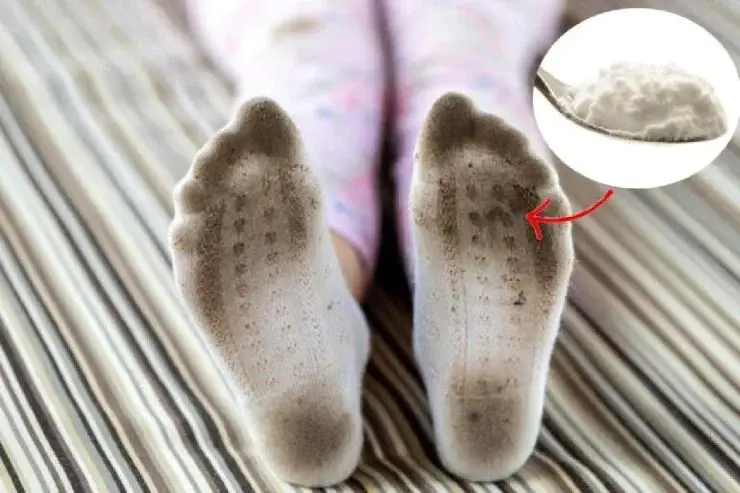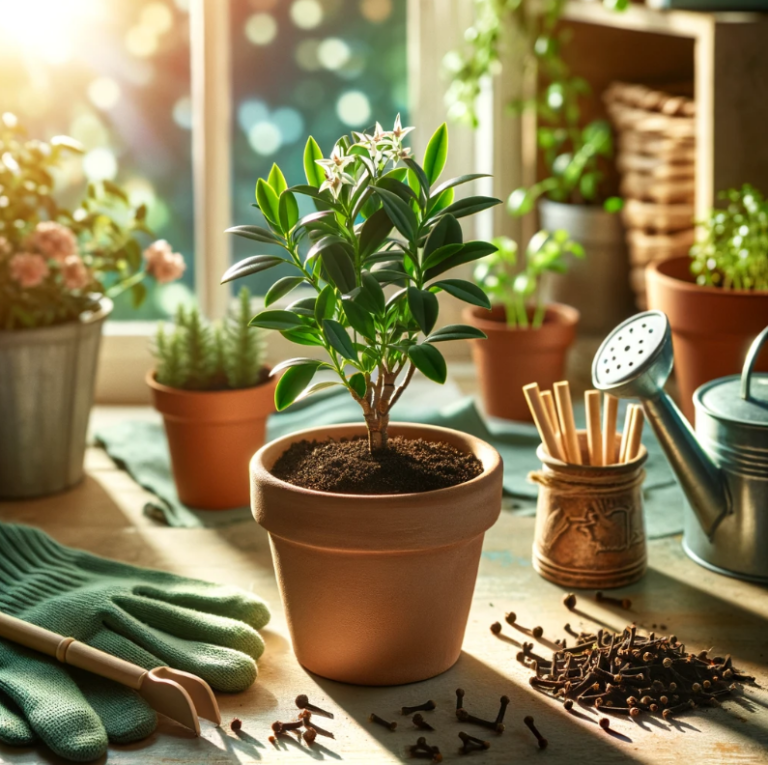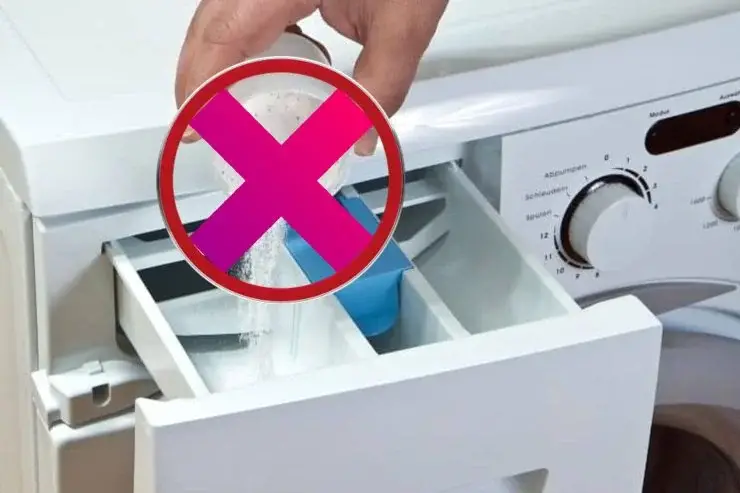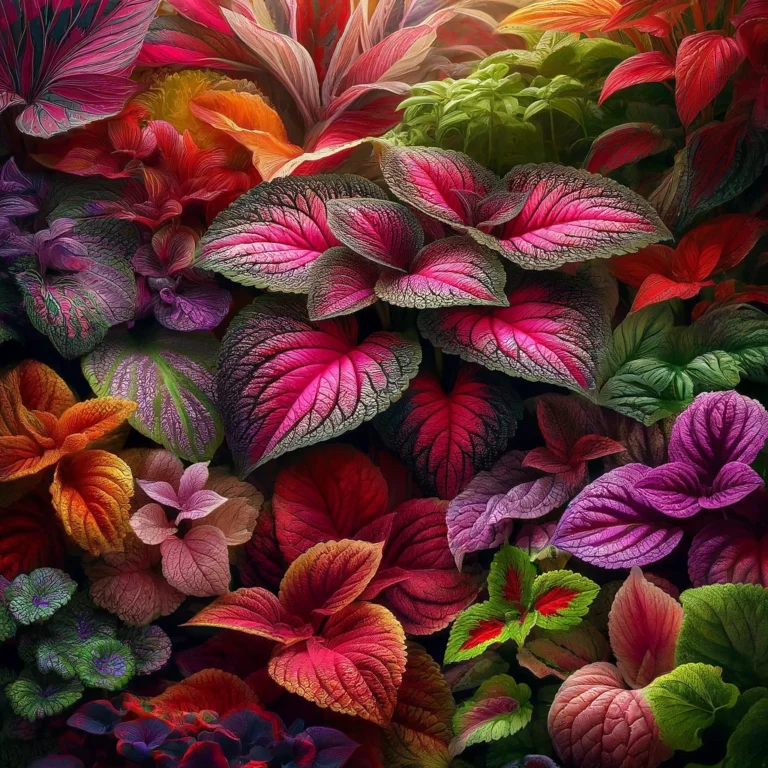Not everyone knows these 4 methods for watering orchids
How many times have we tried to grow an orchid without managing to keep it alive? Sometimes it almost becomes a habit to see its flowers wither and its leaves turn yellow!
In reality, growing this plant is not as difficult as it seems: just take a little time to discover its characteristics and needs .
In fact, one of the most common mistakes is making a mistake in the irrigation methods or quantity of water which we often make unconsciously, but which causes our plant to dry out or rot.
Let’s discover together 3+1 different ways to pump our orchid but above all when to use one and when the other, depending on the period, the environment and the cultivation method.
From above
The quickest method is to pour water with a watering can from above onto the plant’s soil.
This is not a wrong method, but in these cases we must be very careful not to wet the basal leaves of the plant or its collar : If we let the water stagnate in these points, the risk of breakage increases. To be safe, here are some tips.
We always use a watering can with a long spout so we can control the spray and water more precisely.
We also use this method to water orchids that are buried in bark or clay sand , otherwise too compact soil risks not being able to drain the water absorbed from above.
Also, use it especially in the hot months .
For complete immersion
Certainly the best method for watering the orchid: total immersion .
Use it especially for buried orchids and in summer when this plant requires a greater water supply.
All you have to do is place it in a basin full of water or sink at least up to the height of the jar that corresponds to the bottom line .
Leave to soak for about 15 minutes. Then drain .
Warning: preferably use demineralised water , without limestone. Furthermore, prefer water that is not too hot or too cold, otherwise you could cause a thermal shock.
Attention: This method can obviously only be used if your orchid pot has drainage holes .
If you have overwatered your orchid and its roots are rotting, try cotton therapy.
For the “half immersion
This method is suitable during the period of temperature change or when the temperature rises slowly: It is the half-immersion method .
Basically, place the orchid in a tub or sink with just a few inches of water .
If you want, you can simply add a little water to the saucer and leave the plant “semi-submerged” for about 30 minutes.
In this way, the plant is not forced to take in water, but only absorbs the quantities it really needs.
For evaporation
Have you ever seen gardeners spray water on orchid leaves and air roots In fact, this plant also absorbs water from the environment.
usually every 4-5 days you can spray a little water on the leaves of the plant (less often if it is winter or the plant is in a very humid environment).
Thanks to this method, the orchid “drinks” the water it needs.
Use it if you have hanging orchids, so do not bury them or if you think that the plant is no longer able to absorb the right amount of water through its “underground” roots.
Caution: If your orchid shows signs of suffering despite these watering methods, you can ask your trusted florist or gardener for advice.






